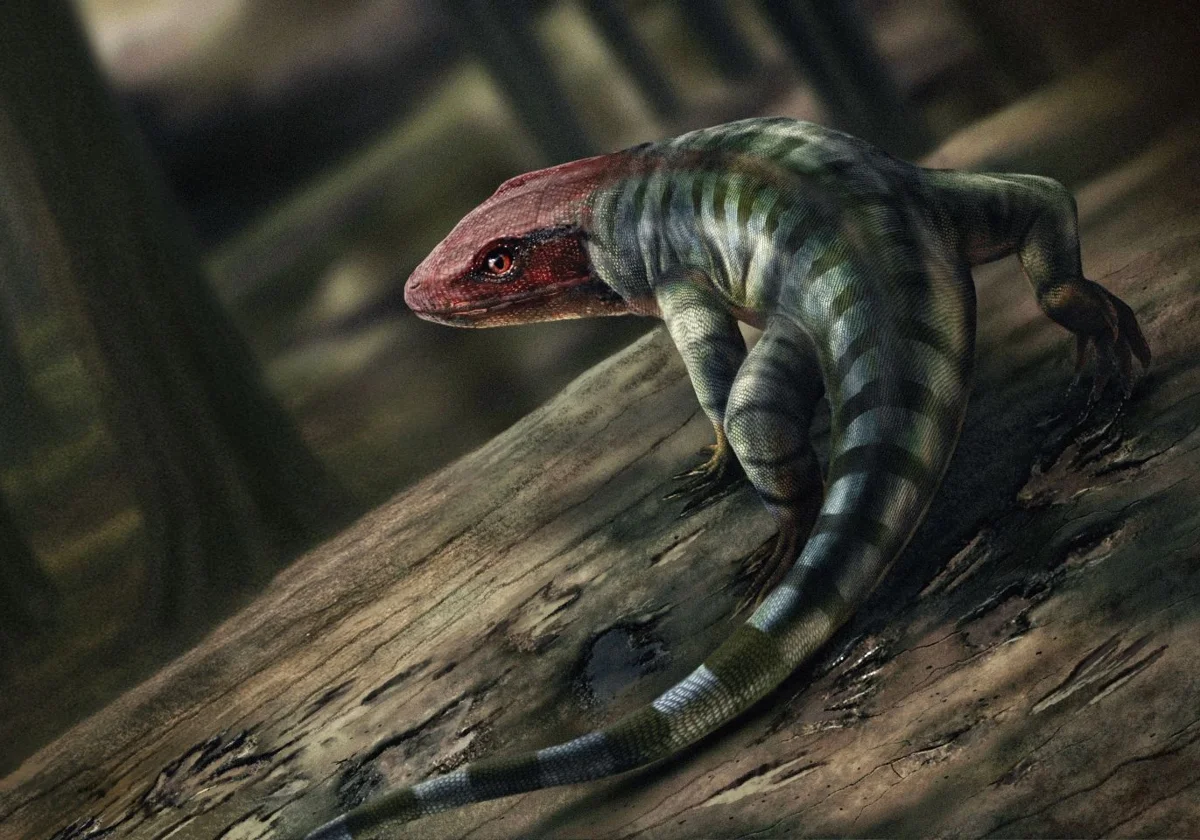La ciencia en los medios
-
Roberto Colom: “Erradicar la violencia es posible, pero necesitamos dos generaciones”
-
Formas de ser fieramente humanas
-
Microbiota y salud mental. Relaciones evolutivas de H. sapiens. Microhistoria entre los s. XVIII al XIX
-
Evolución y Neurociencias: herencia neandertal, mujeres en la prehistoria y cómo acabar con la violencia
-
El canibalismo en la evolución humana. Ciudades y adaptación al cambio climático. La longevidad de ballenas
-

El fascinante enigma que permite a nuestro cerebro predecir hechos futuros
Aunque no seamos conscientes de ello, nuestro cerebro predice constantemente cuándo ocurrirá un evento relevante. Estas predicciones nos permiten prepararnos para responder de manera eficiente.
-

Enigma astronómico: encuentran una galaxia gemela de la nuestra, pero mucho más joven
Mientras la Vía Láctea se formó hace más de 13.000 millones de años, la recién descubierta lo hizo 2.000 millones de años después… Y aun así ya tiene su misma […]
-

GPT-4 txata pertsonak baino eraginkorragoa da iritzia aldarazten debateetan
AEBn egindako ikerketa batean frogatu dute, Internet bidezko debateetan, GPT-4 adimen artifizialeko txata pertsonak baino % 64 hobea dela bestearen iritziak edo usteak aldarazten, besteari buruzko informazioa ematen zaionean (generoa, […]
-

La vida abandonó los mares 35 millones de años antes de lo que se creía
El hallazgo de huellas de un reptil primitivo que vivió mucho antes del momento en que se pensaba que evolucionaron, pone ‘patas arriba’ las teorías actuales sobre los primeros animales […]
Got any book recommendations?
